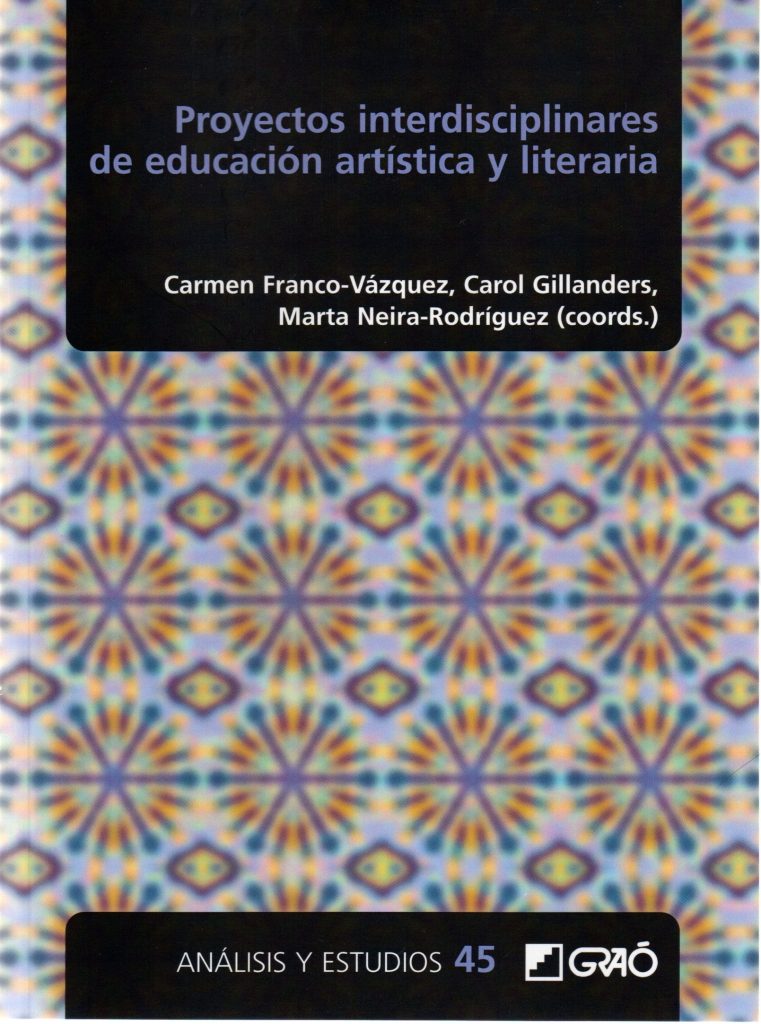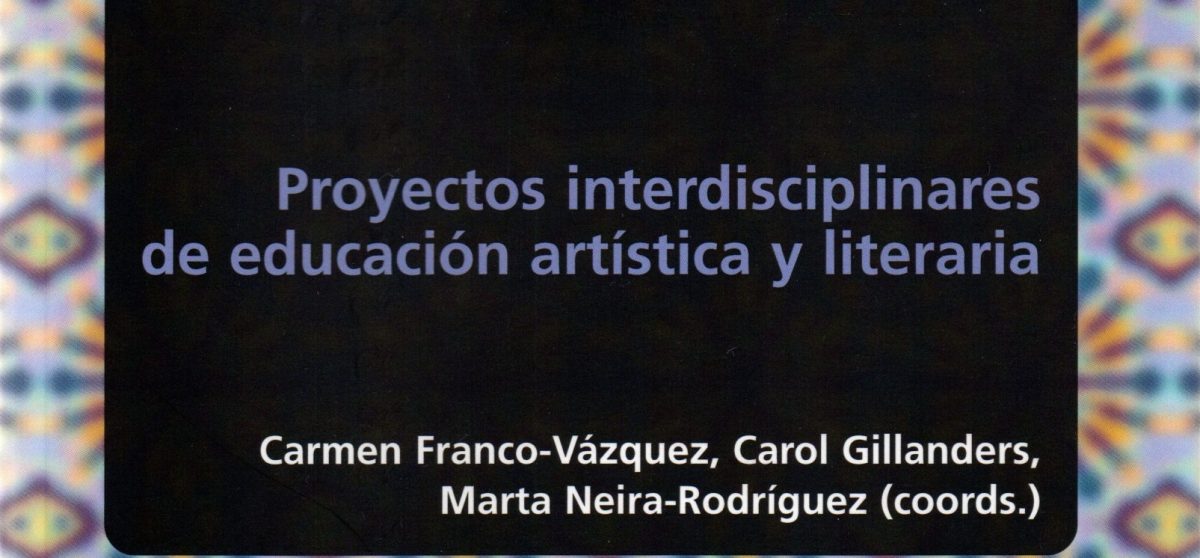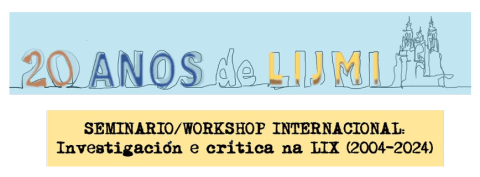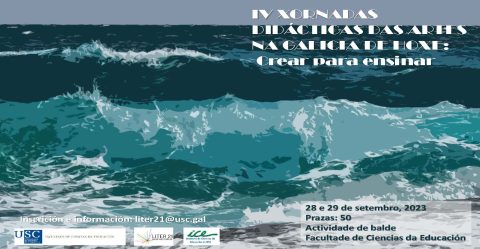Interdisciplinary projects in artistic and literary education

Artistic interactions in Galicia 2022. III Meeting-residency of emerging creators
30 June 2022
O mundo e outras vésperas. Colaboracións en El Pueblo Gallego (1932-1936)
16 September 2022
The research group LITER21 has just published the book Interdisciplinary projects in artistic and literary education, coordinated by the teachers Carmen Franco-Vázquez, Carol Gillanders and Marta Neira-Rodríguez. This monograph is also complemented by several contributions from other members and collaborators of the group, such as Vicente Blanco Mosquera, Guillermo Calviño Santos, José Agustín Candisano Mera, Lucía Casal de la Fuente, Belén Castro-Fernández, Salvador Cidrás Robles, Olalla Cortizas Varela, Mª del Carmen Ferreira Boo, Estella L. Freire Pérez, Rocío G-Pedreira, Armando Requeixo, Pilar Rivero Gracia, Laura Tojeiro Pérez, Cristina Trigo Martínez and Isabel Vilariño Manteiga.
The following is a summary of this monograph:
The 21st Century is characterised by the presence in the classroom of teaching methodologies that are changing educational environments and that every teacher should be aware of. Some of these approaches are entirely new, while others are innovative versions of existing methodologies.
Inverted classrooms, gamification, collaborative teaching, learning based on problems, thinking, competences, projects, etc., are some of the alternatives that aim to engage students in the teaching-learning process, giving them a leading role that did not exist in other historical moments or inviting them to learn in a pleasant and playful way.
Interdisciplinary projects in arts and literary education focuses on one of these current methodologies and involves basic areas of knowledge in the training of those who will form a society whose objectives must pursue equality between people, protection, and prosperity of the planet, as set out in the 2030 Agenda.
The book contains some initial reflections that offer an approach to project-based learning and its relationship with artistic and literary languages, followed by a total of ten contributions that show the design or implementation of interdisciplinary projects based on sculpture, music, painting, the environment, the community, literature, and film. In short, these contributions, which are not without creativity, aim to enrich our vision of artistic, literary or heritage education.



